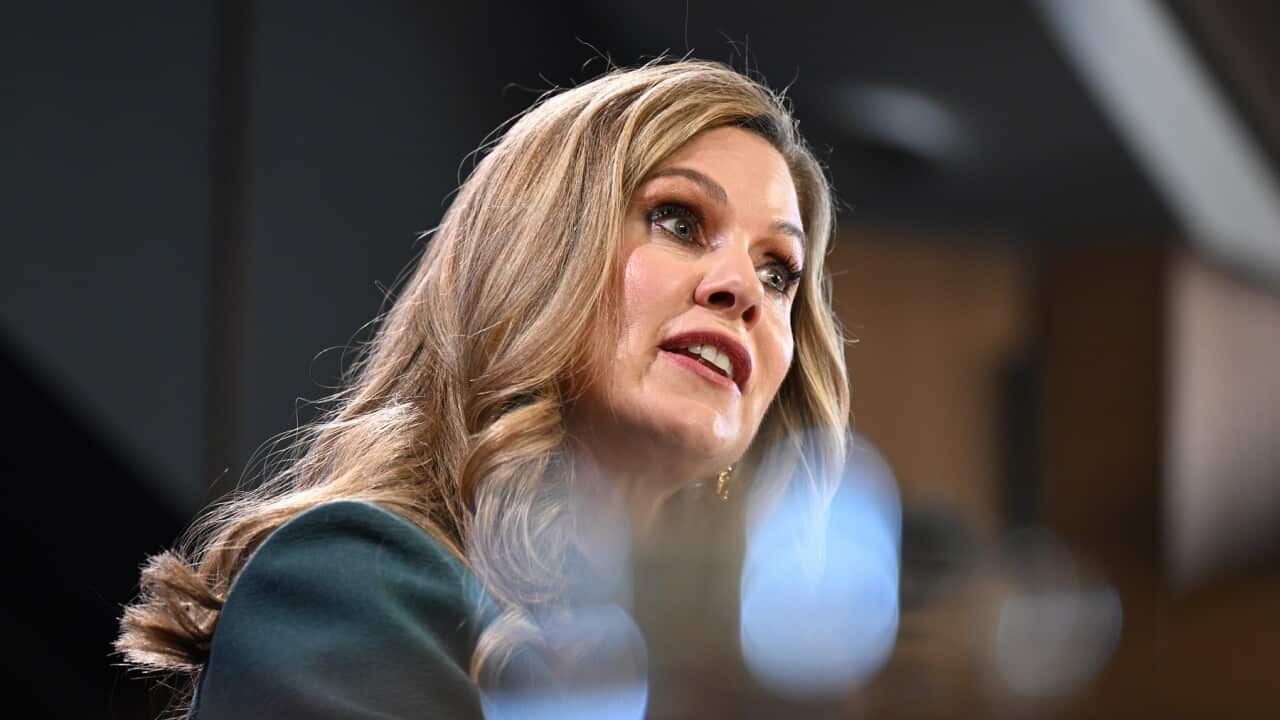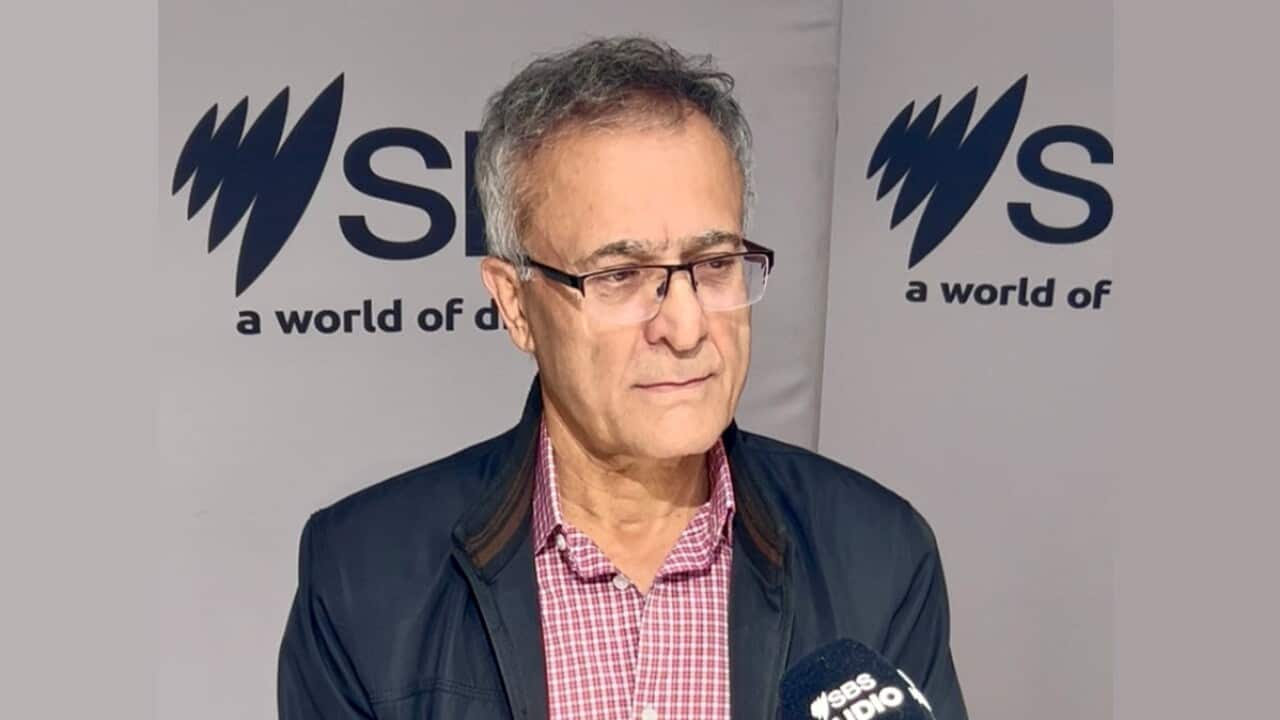Ms Gardi was born in a United Nations refugee camp in Pakistan in 1991 and resettled in New Zealand with her family at the age of seven.
The family had fled persecution during the Saddam Hussein dictatorship in Iraq, including witnessing the brutal genocidal attacks on the Kurds in 1988.
As a result, the family was forced to seek refuge in neighbouring Iran, before crossing into Pakistan in 1989 to claim asylum.
They were then given residence in New Zealand by the UNHCR.
Following her activism and experiences in volunteering with various human rights organisations, Ms Gardi was named Young New Zealander of the Year in 2017 and went onto study law, becoming the first Kurd to complete a Master’s degree at Harvard Law School in 2019.
Despite excelling academically, Ms Gardi said she always wanted to work with refugees and to use her skills to contribute to the struggles of the Yazidi people and provide justice for the thousands who suffered due to atrocities committed by Islamic State militants (ISIS).
ISIS is recognised by the United Nations as the perpetrator of a genocide of Yazidis in Sinjar, Iraq, in 2014, which led to the expulsion and effective exile of the Yazidis from their ancestral lands in Iraqi Kurdistan.
Thousands of civilians were killed and thousands of women and girls were forced into sex slavery.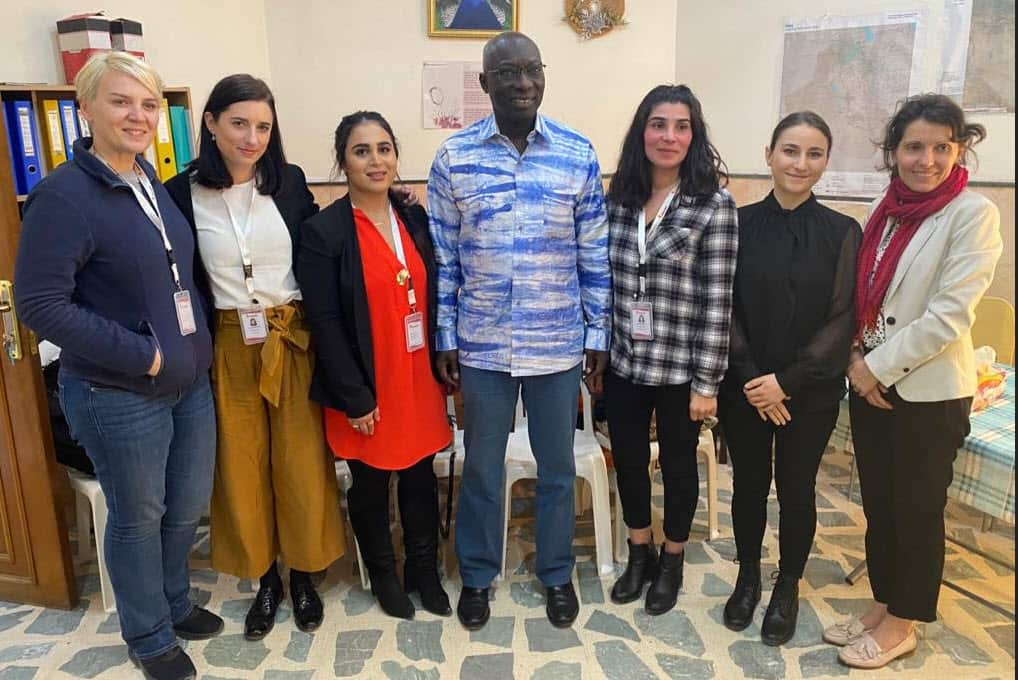 Ms Gardi is part of an international team of lawyers who are building a case against the militant organisation, that is hoped will be used for prosecution across various jurisdictions.
Ms Gardi is part of an international team of lawyers who are building a case against the militant organisation, that is hoped will be used for prosecution across various jurisdictions.

Rez Gardi, third from the left, with her colleagues. Source: Supplied
“We’re at the evidence-gathering phase at the moment and that involves interviewing survivors that were held captive by ISIS and witnesses who witnessed the crimes committed by ISIS and family members, relatives who have come across ISIS in one way or another who can give some sort of testimony. It's going to be taking some time before we can get cases like this before any sort of court of law but it’s a process that takes time,” she told SBS Kurdish.
Due to the coronavirus pandemic and lockdown measures in Kurdistan, Ms Gardi said the gathering of evidence is difficult at this time.
“There was a pre-pandemic phase and post-pandemic phase but obviously with the restrictions and the lockdown measures here in the Kurdistan Region, interviewing people directly like we were doing before has become more difficult and we had to put some interviews on hold until we get instructions about what the lockdown measures will be in the near future.”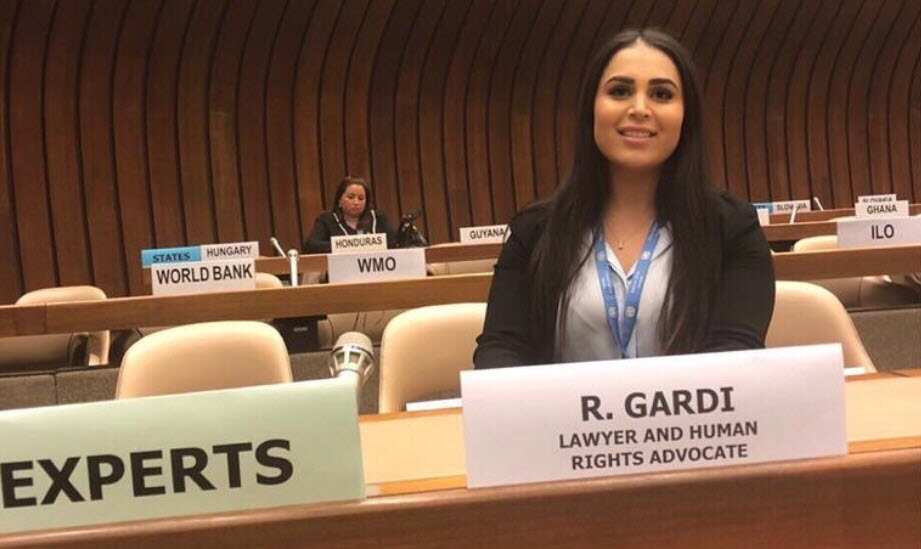 Interviewing Yazidi survivors and gathering evidence, she said, has not been difficult, affirming that many come forward without hesitation, in order to seek justice.
Interviewing Yazidi survivors and gathering evidence, she said, has not been difficult, affirming that many come forward without hesitation, in order to seek justice.

Source: Supplied
“Many of these survivors are wanting to seek justice, they are willing to share their story, they’re very strong and they want the world to hear what has happened to them and their people in order to hold ISIS and their members accountable.
“What’s been difficult so far is finding people that can link the crime to the specific perpetrators. There’s been lots of human rights documentation in Kurdistan, there’s been various human rights organisations and media who interviewed many of these survivors but nothing like this has been done before where it’s going to be used for a particular court case and to hold members of ISIS accountable, so that’s the key difference with this project.”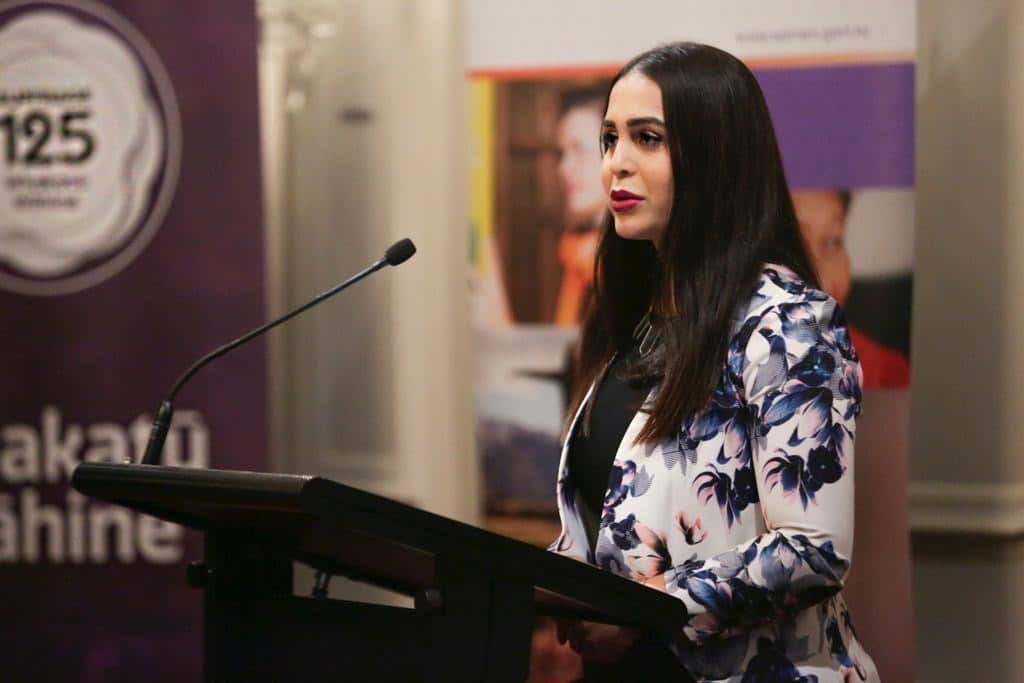 Ms Gardi said a difficult part for her was knowing the world was aware of the atrocities being committed against Yazidis at the time.
Ms Gardi said a difficult part for her was knowing the world was aware of the atrocities being committed against Yazidis at the time.

Source: Supplied
“We’re very aware of the crimes that have happened and what exactly happened to them but we’re not exactly sure about who committed these crimes and how we can hold them accountable so that’s the key part we are focusing on and that’s the difficult part.”
As far as prosecuting ISIS members, there are several authorities and governments involved in this project that have an interest in prosecuting in foreign jurisdictions.
“There are many foreign fighters who came to this side of the world to join ISIS so there are many members that are held currently in custody either in the Kurdish region of Iraq or the Kurdish region of Syria or in European jurisdictions, so there are ISIS members currently in custody that’s what I can say.”
Ms Gardi said the efforts of the team are vital for the survivors - especially for those displaced by the conflict who found asylum in Australia - to seek justice.
“I think it’s a really important aspect because the key part of these international criminal law proceedings is justice for the individuals that were impacted and it obviously can serve many other purposes, deterrent, condoning the crime but I think on a level relevant to the witnesses it’s an aspect that rehabilitates the witnesses and with that in mind I think about the atrocities that happened in the Kurdish region of Iraq during Saddam Hussein’s regime.
"The genocide and Halabja massacre, the chemical attacks, I feel that many Kurdish people to this day don’t particularly feel like they got the justice they deserved because Saddam Hussein was executed before he faced a court of law for the crimes he committed against the Kurdish population.
“So, I think this opportunity for a court to bring these cases and prosecute and hold these members of ISIS accountable will also impact the ability of these survivors to move forward with their lives."
It is expected that the team of lawyers will develop methods to prosecute ISIS members, modelled on international law.
Some countries might have slight variations on implementation, but they are based on the same international law definitions.
She notes that there may be difficulties related to prosecution in countries like Iraq that does not have laws for genocidal mass atrocities, so prosecution would be under ordinary criminal law or for terrorism charges, which may not take into account the true scope of harm committed against the Yazidi population.
“Obviously different jurisdictions have different laws, but we are trying to bring cases for genocide, crimes against humanity and war crimes and that law is the same - well ideally that law will be the same across jurisdictions and it will be modelled on the international law,” she said.
“The difficult part is, for example, in Iraq at the moment there are no genocide or mass atrocity laws and so bringing prosecutions here would be under ordinary criminal law or for terrorism charges which are in no way enough to signify the level of harm that ISIS has committed the atrocities that committed against the Yazidi population, it’s simply not enough for them to be charged under terrorism laws when what they’ve committed should rightly be called genocide.”



